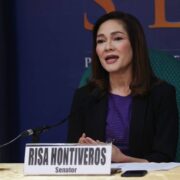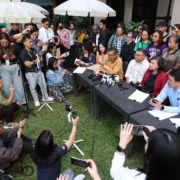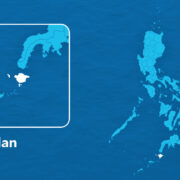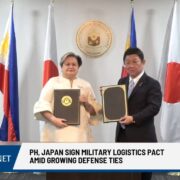Marcos: US presence ‘crucial’ in Indo-Pacific
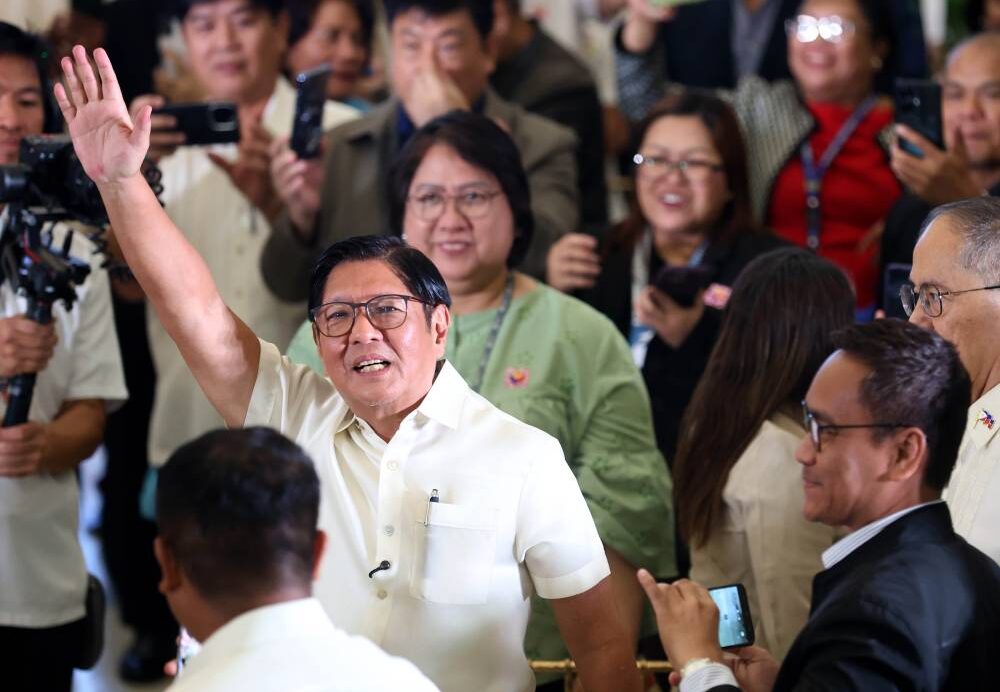
President Marcos on Wednesday called for the continued presence of the United States, the Philippines’ oldest defense ally, in the Indo-Pacific as a necessary check on China’s growing influence and assertiveness in the region.
“The place of the United States is here with us in the Indo-Pacific,” the President said in a keynote speech at the inaugural Manila Strategy Forum, a two-day event hosted by the Center for Strategic and International Studies that features high-level panel discussions on the future of the US–Philippines alliance.
Addressing the US, Mr. Marcos said, “It will be crucial to the free and open nature of our region that your vigor, inventiveness, and resilience, essential drivers of the great American nation, continue to play a leading role in nurturing a strong and peaceful Indo-Pacific.”
Important role
Mr. Marcos acknowledged that the US currently “has much on its plate, both geopolitically and economically,” with its attention focused on tensions in the Middle East, Europe, and other global flashpoints.
“And yet, we remain confident that the United States, as a self-declared Pacific nation, will remain oriented and committed to the Indo-Pacific, as history has consistently proven,” the President said.
President Marcos also stressed that the US has an important role in the world that can’t be easily replaced, and that its continued involvement in global affairs benefits everyone, including the US itself.
The Philippines and the US will celebrate 80 years of diplomatic relations in 2026, while the US will also mark the 250th anniversary of its nationhood.
‘Most significant threat’
While he did not mention China by name, Mr. Marcos alluded to the Asian giant as the “most significant threat to peace and stability” in the region.
“And this is not just an opinion. It is a fact,” the President said. “We in the Philippines can say this with certainty, because we face the threat every single day.” “Our government vessels and fisherfolk continue to be harassed in our own waters, and we remain on the receiving end of illegal, coercive, aggressive, and dangerous actions in the South China Sea,” he added.
As the country marks September as the Maritime and Archipelagic Nation Awareness Month, Mr. Marcos said the “protection of our marine resources and heritage is underpinned by a strict adherence to the rule of law.”
Manila has urged China and other nations to uphold international law and recognize its 2016 arbitral win that nullified Beijing’s sweeping claims in the South China Sea, including the West Philippine Sea, which is within the Philippines’ 370-kilometer exclusive economic zone.
Beijing, however, has refused to acknowledge the ruling.
Potential flashpoint
In August, China strongly criticized Mr. Marcos’ remarks that the Philippines would be find itself involved if conflict were to break out between Beijing and Washington over Taiwan.
Taiwan, also a US ally, is seen as a potential flashpoint of armed conflict in the Indo-Pacific region, with security experts warning of China plans to invade the self-governing island within the decade.
According to Mr. Marcos, should open conflict erupt in Taiwan, the Manila’s priority would be to protect and bring home the more than 150,000 overseas Filipino workers.
Aside from the US, the Philippines under Mr. Marcos has forged bilateral and multilateral partnerships with “other like-minded nations” that pursue a rules-based international order in the region. These include Japan, Australia, Canada, New Zealand, and India.





